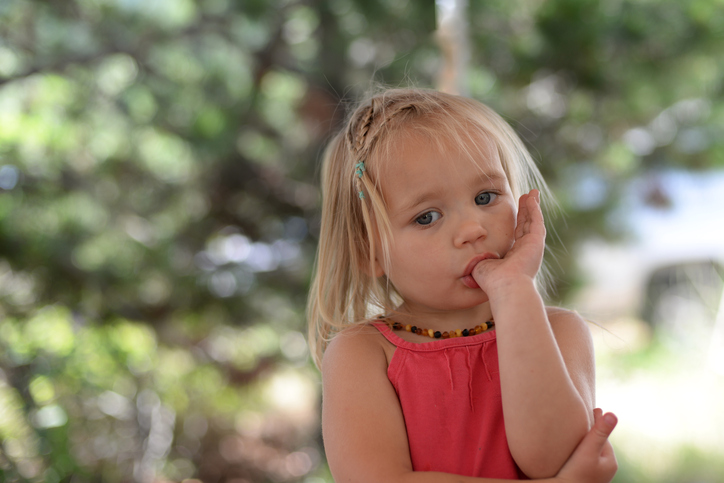What Every Parent Should Know About Their Child’s Oral Development

We it comes to receiving dental care in Colorado Springs, Colorado, most patients understand the importance of daily oral hygiene and the need to eat a balanced diet. However, while most people understand what it takes to keep their teeth healthy, that can’t always be said when it comes to their kids.
For many first time parents, knowing what to expect when it comes to their child’s oral health development can make all the difference. From when to expect a first tooth to when a child should first start receiving dental care in Colorado Springs, Colorado, many parents simply don’t always know the answers to these important questions?
To help ensure your child enjoys a brilliant smile for a lifetime, here are a few developmental facts every parent should know about their kids’ teeth and gums.
When Will My Baby Start to Develop Teeth?
Most babies will develop their first tooth between the age of 6 to 12 months. Of course, no two kids develop at the same rate. It’s entirely possible that your child could celebrate their first birthday without any teeth. Don’t become alarmed if your child doesn’t have a first tooth by the age of 6 months. It will eventually emerge.
When a child does start teething, the first teeth to usually form are almost always the lower front teeth (the lower central incisors). Next, the top central incisors will form, followed by the top lateral incisor. This will continue until a child has formed all of their baby teeth, usually around the age of 3.
How Can I Help with Teething?
In most cases, despite how much they may cry, teething doesn’t cause kids too much discomfort. Parents should easily become aware of when their baby starts teething. Babies may show initial signs of discomfort in the area where the tooth is set to emerge, the gums around the tooth may appear swollen and tender, and your baby may start drooling more than usual.
You can help to ease any teething related discomfort by massaging your baby’s gums with a clean finger or by using a clean frozen or wet washcloth. You can also provide your baby with a chilled, but not frozen, teething ring.
Do not use any type of teething tablets or gels that contain benzocaine. Also, don’t use any type of homeopathic teething gels or tablets, or amber teething necklaces. The FDA has issued a warning against using benzocaine to help numb a child’s teeth, while teething necklaces pose a choking hazards parents are safer off avoiding.
When Do I Need to Start Brushing My Child’s Teeth?
Once your child has developed a tooth, you need to start brushing it at least twice a day. For young children (those under 1), use only a smear of toothpaste. When a child gets older (2 to 3), start using a small amount of toothpaste, roughly the size of a grain of rice.
The American Academy of Pediatric Dentistry recommends using a pea-sized amount of toothpaste once a child reaches the age of 3.
Why the difference?
Until a child is old enough to not swallow while having their teeth brushed, parents need to limit their exposure to excess fluoride, which can cause some problems in young kids.
Additionally, parents need to continue assisting their kids with brushing nightly until the age of 7 or 8. Before this age, kids simply don’t possess the manual dexterity or attention to detail required to properly brush and floss daily.
When Should My Child Start to Receive Dental Care in Colorado Springs, Colorado?
Try to schedule your child’s first dental appointment by the time their first tooth emerges or by the age of 1.
Scheduling early visits will allow Dr. Kazemi to make sure all of your child’s teeth are naturally developing normally and that there are no problems with their oral health development. Dr. Kazemi can also provide you with advice on proper hygiene, switching to solid foods, and any other questions you may have about your child’s oral health.
